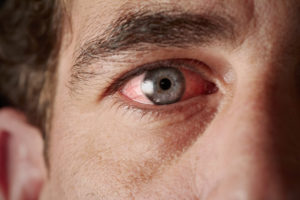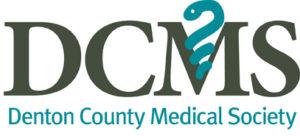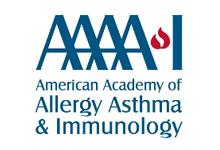Eye allergies, also called allergic conjunctivitis (AC) is very common. It occurs frequently in the spring, summer and fall when tree, grass and weed pollen are high.
Symptoms of eye allergies
 Symptoms of eye allergy include red, swollen, itchy eyes that burn or tear and produce a clear watery discharge. Your eyes may also be sensitive to light. These symptoms can occur on their own but usually occur with nasal allergy symptoms including stuffy, itchy nose and sneezing. You can also have a headache, an itchy or sore throat or coughing. The symptoms of eye allergies can decrease quality of life and interfere with performance and productivity at school and work.
Symptoms of eye allergy include red, swollen, itchy eyes that burn or tear and produce a clear watery discharge. Your eyes may also be sensitive to light. These symptoms can occur on their own but usually occur with nasal allergy symptoms including stuffy, itchy nose and sneezing. You can also have a headache, an itchy or sore throat or coughing. The symptoms of eye allergies can decrease quality of life and interfere with performance and productivity at school and work.
Causes of eye allergies
An allergy develops when the immune system overreacts to an allergen that normally does not cause any issues for other people. Allergens in the air, both indoors and outside, cause many eye allergies. These allergens include:
- pollen from grass, trees, ragweed and other weeds
- dust
- pet dander
- mold
- smoke
Treating eye allergies
Avoiding triggers can be helpful:
- Avoid the outdoors when pollen counts are high-typically in the morning and early evening
- Keep windows closed during high pollen periods and using the A/C in your home and car
- Wear glasses or sunglasses when outdoors to keep pollen out of your eyes
- Use “dust mite-proof” bedding covers to limit exposure to dust mites,
- Wash your hands after petting any animal
Control some symptoms with nonprescription over the counter medications:
- Artificial tears: many brands are available over the counter
- Decongestant eyedrops- we don’t recommend eyedrops for “red eye” more than 5-7 days
- Oral antihistamines can help but can also make dry eyes worse
See an allergist for prescription medications and treatments which may be more effective:
- Eyedrops can help: decongestant, antihistamine, corticosteroid or NSAID
- Non-sedating oral antihistamines
- Allergy shots or drops provide long-term relief (immunotherapy)
Don’t suffer. Our Board-Certified Allergists can help you with your spring allergies. Come see us!
SAMUEL FOSTER, MD
Board Certified Allergist







